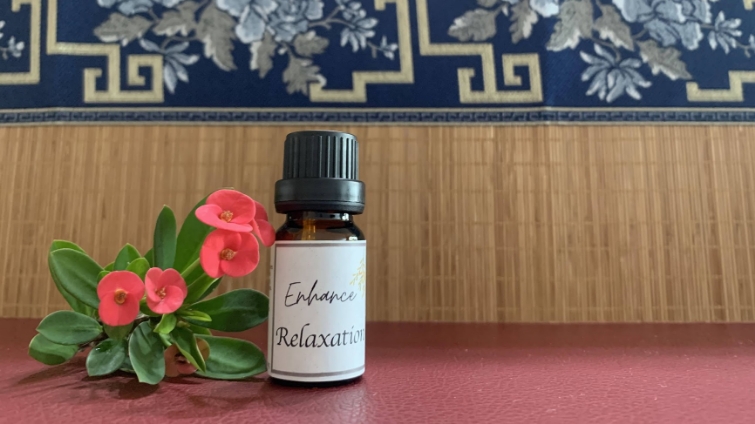Have Difficulty Falling Asleep? Wish You have a Switch to turn ON or OFF?
|
April 22, 2022

Get our Enhance Relaxation to Turn Off
While you might not be able to control the factors that interfere with your sleep, you can adopt habits that encourage better sleep. Start with these simple tips.
- Stick to a sleep scheduleGo to bed and get up at the same time every day. Try to limit the difference in your sleep schedule on weeknights and weekends to no more than one hour. Being consistent reinforces your body’s sleep-wake cycle.
- Pay attention to what you eat and drinkDon’t go to bed hungry or have large meals within a couple of hours of bedtime.
Avoid caffeine 5 – 6hours before bedtime.
- Create a restful environmentCreate a room that’s ideal for sleeping. Often, this means cool, dark, and quiet. Exposure to light might make it more challenging to fall asleep. Avoid prolonged use of light-emitting screens just before bedtime.
Doing calming activities before bedtime, such as taking a bath or using relaxation techniques.
Aromatherapy oils like Lavender can promote relaxation and sleep. Studies have shown that lavender oil can not only help you fall asleep but also improve the overall quality of sleep.
Begin diffusing lavender oil an hour or so before turning in for the night.
- Limit daytime napsLong daytime naps can interfere with night-time sleep. If you choose to nap, limit yourself to up to 30 minutes and avoid doing so late in the day.
- Include physical activity in your daily routineRegular physical activity can promote better sleep. However, avoid being active too close to bedtime.
- Manage worriesTry to resolve your worries or concerns before bedtime. Jot down what’s on your mind and then set it aside for tomorrow.
Stress management help. Start with the basics, such as getting organized, setting priorities and delegating tasks. Meditation can also ease anxiety.












 BACK TO BLOG
BACK TO BLOG